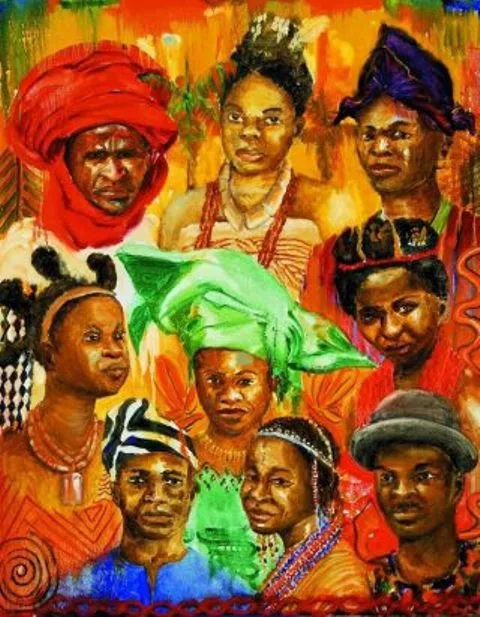Definition & Forms of Political Participation in Nigeria
Definition
Political participation refers to the involvement of the citizens of a country in the formulation and implementation of policies for their governance, and their participation in the choice of their leaders.
Forms of political participation
The various forms of political participation include the following:
1. Involvement in campaigns: Some citizens participate in politics by attending political party rallies to enable them to identify the policies, programmes, and political party candidates contesting elections.
2. Voting during elections: The citizens of a country participate in politics by voting for the candidate of their choice during elections.
3. Holding political offices: There are people that participate in politics so that they can hold or occupy political offices. The offices may be elective or non-elective, e. g. office of the president, governor, minister or commissioner.
4. Analysing political issues: Some people participate in politics by discussing and analysing the major political events in society. Such discussions may focus on personalities and manifestos of candidates and political parties contesting elections and may take place in non-formal situations or through the mass media. The analysis affords voters the opportunity of assessing the candidates critically before casting their vote.
5. Contesting elections: Qualified active (political) participants may decide to stand as candidates seeking election into public offices.
6. Supporting candidates during elections: Citizens participate in politics by supporting the candidate of their choice during elections. Such support helps the candidate to win elections in order to control the machinery of government.
7. Membership of pressure group: Individuals can form pressure groups to influence political events.
8. Dissemination of party propaganda: A good number of people participate in politics by disseminating party information and policy objectives to influence the electorate to vote for their candidates during elections. Others serve as polling agents for candidates at elections.
9. Protest/criticism and petitions: Some people get involved in politics by criticising candidates for elections and government appointment. Such people sometimes write petitions against politicians and government officials, and may suggest alternative solutions to the problems facing the government.
10. Financial and material assistance to political parties: Some wealthy individuals participate in politics by sponsoring the ideas, programmes and objectives of candidates and political party of their choice. In the case of a political party, such assistance helps them to secure a good party secretariat and other requirements that could assist them in winning elections.
Benefits of Political Participation
1. Mass political participation helps to legitimise the government in power, as it gives the government necessary support and mandate to govern the country on behalf of the people.
2. It helps to make government responsive, responsible and accountable to the citizenry. This is because a politically active citizenry can easily vote out leaders who do not meet their expectations.
3. Participation in politics helps to create political awareness among the electorate. It affords people the opportunity of participating in governmental decision making through their elected representatives.
4. Participation in politics offers some psychological satisfaction to those who are interested in the leadership and administration of government. Such people derive satisfaction when they are involved in the government of the country.
